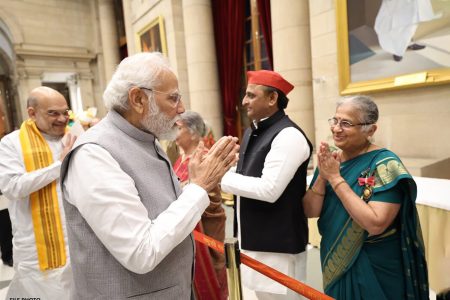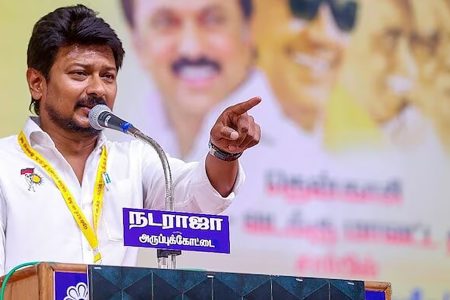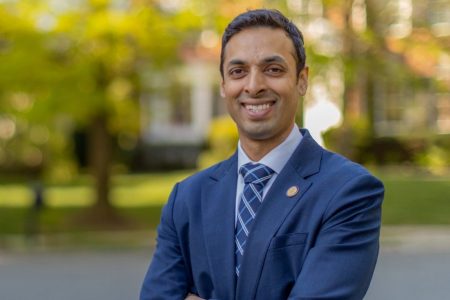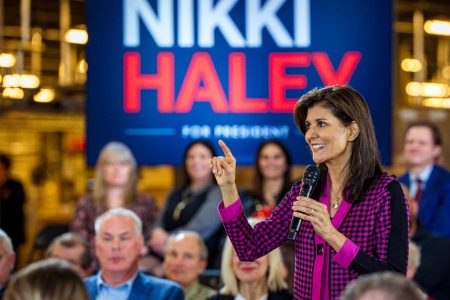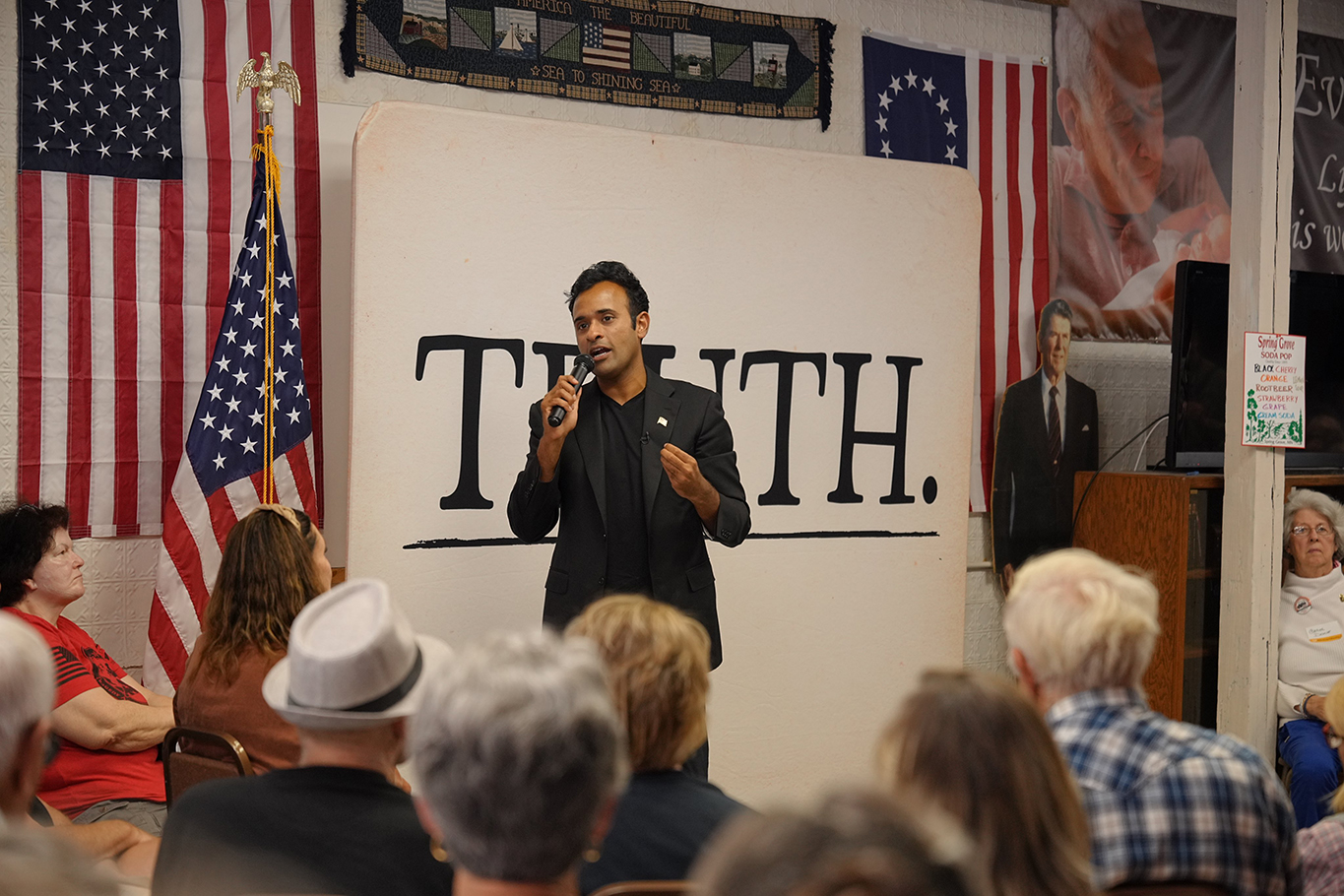
Mr. Vivek Ramaswamy, a second-generation Indian-American, is running as a Republican presidential candidate in the upcoming U.S. elections. His foreign policy stance sets him apart from other candidates, as he emphasizes the need for a stronger relationship with India to counterbalance China’s influence.
Vivek, the youngest Republican presidential candidate to date, proudly embraces his Hindu heritage and Indian identity. He believes that cultural integrity should not be compromised for assimilation into a new country. He asserts that Hinduism complements Christianity and does not contradict it.
His central argument is that a closer strategic alliance with India would enable the United States to reduce its economic dependence on China, a nation aggressively asserting itself in the international arena. This viewpoint resonates with Asian-Americans, especially those concerned about China’s actions toward its neighbors like Vietnam, Japan, the Philippines, and South Korea.
Notably, former President Donald Trump has expressed support for Vivek Ramaswamy, raising the possibility of their collaboration in the 2024 elections against Democratic candidates. The increasing participation and influence of Indian-Americans in U.S. politics, exemplified by over 100 Indian-Americans holding top positions in President Joe Biden’s government, signal a growing trend.
Traditionally, first-generation Indian immigrants abroad pursued careers in fields like engineering and medicine, rarely considering politics. However, recent examples, such as Rishi Sunak becoming the UK’s first prime minister of Indian origin and Vivek Ramaswamy’s presidential candidacy, indicate a cultural shift. Indian diaspora members are increasingly embracing political engagement as an essential duty in their adopted countries.
Vivek’s candidacy represents a broader trend of Indian diaspora involvement in politics. It underscores the importance of open debate, respectful discourse, and integration into the adopted culture as new Indian values. His campaign, placing him second in some polls behind Donald Trump, reflects the changing landscape of American politics.
This emergence of politically active Indian-Americans holds the potential to foster stronger ties between the Western world and India, with a focus on democratic values and open dialogue. It signifies not just a trend but a significant social and political phenomenon within the Indian diaspora, amplifying their interest in and commitment to improving international relationships.

